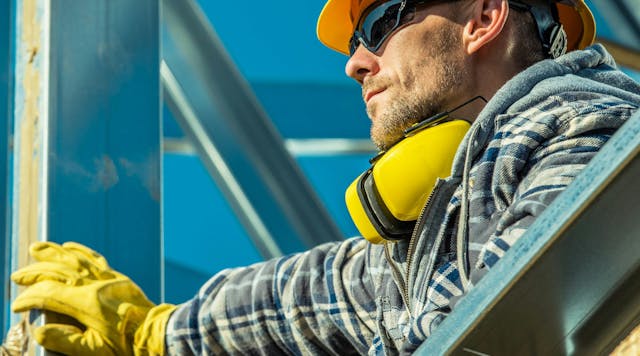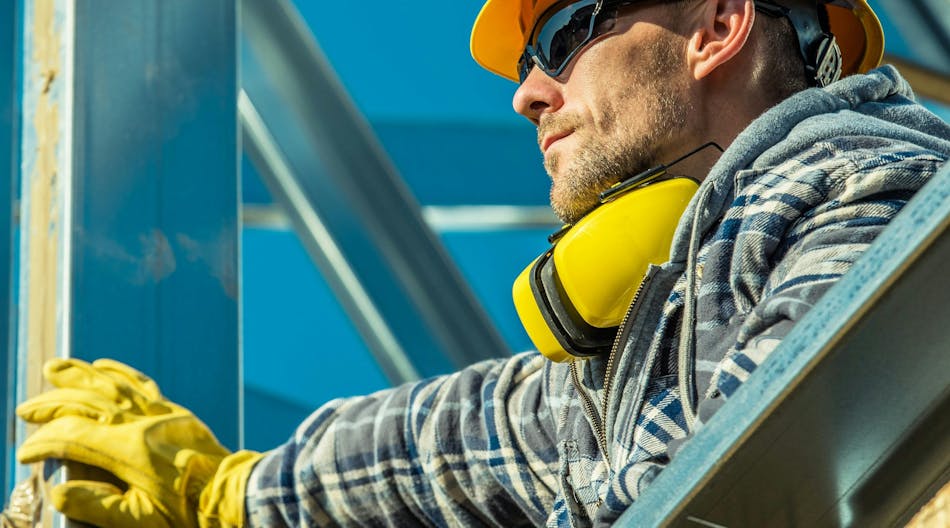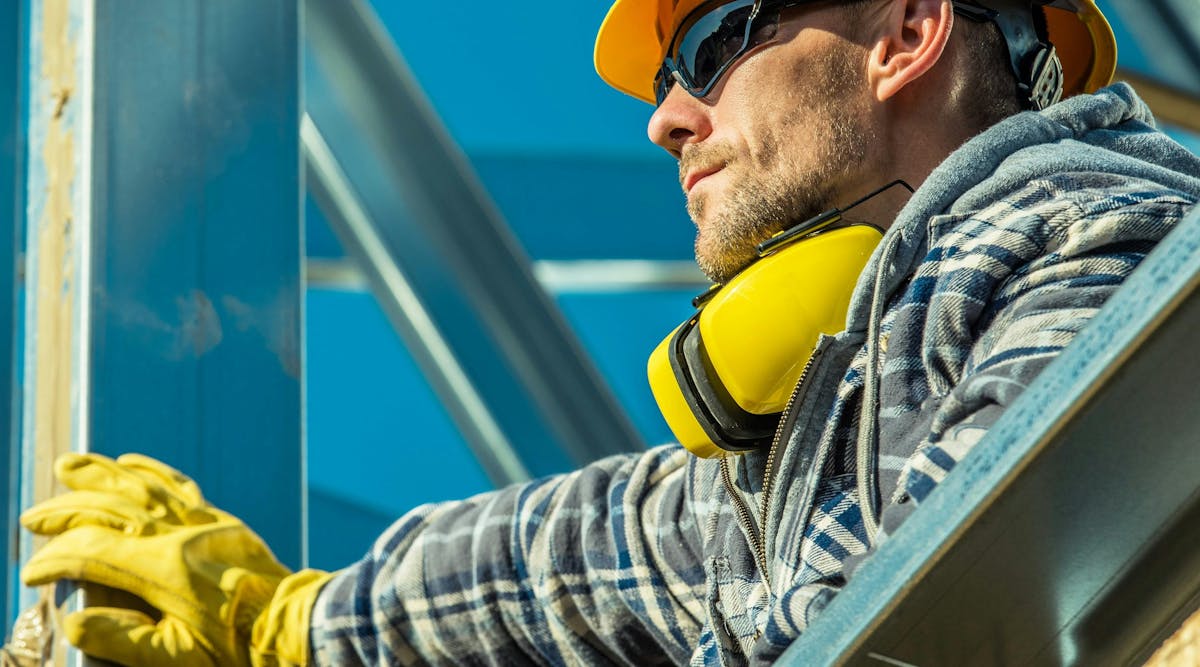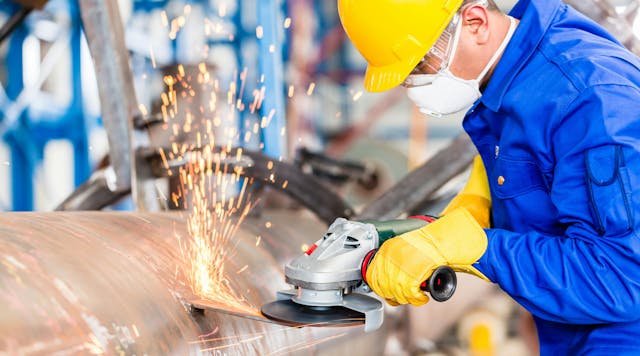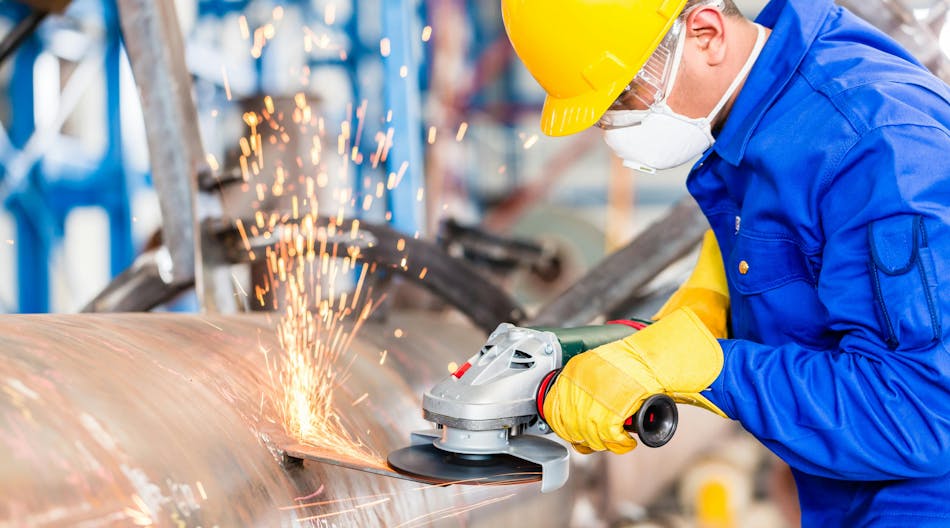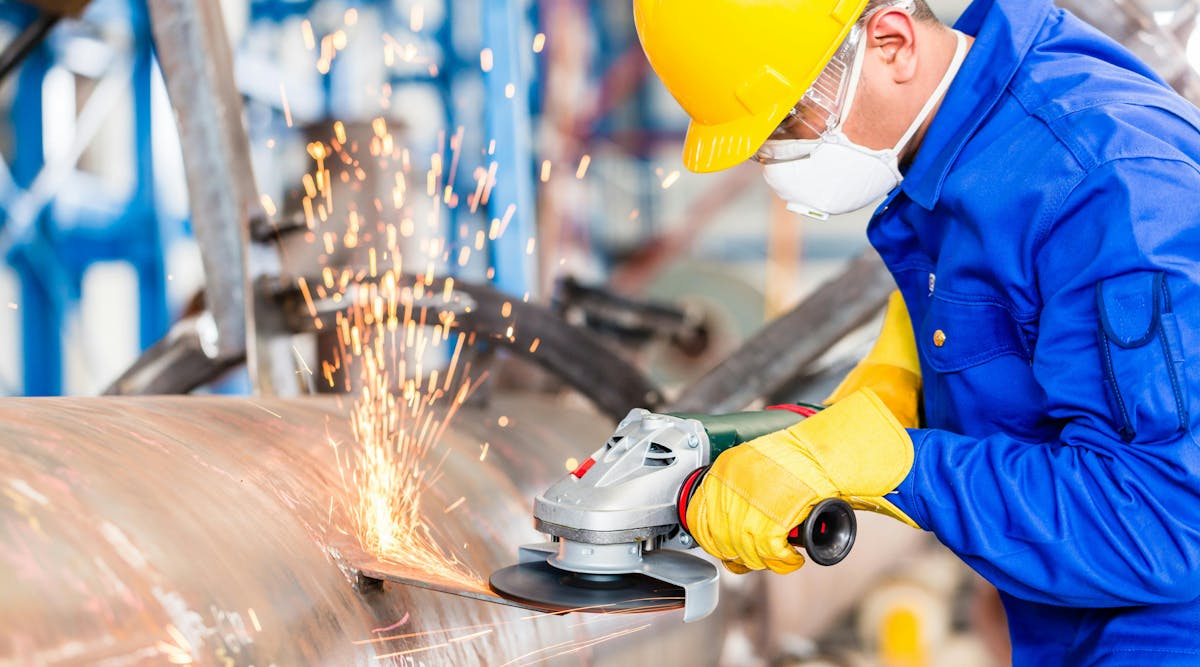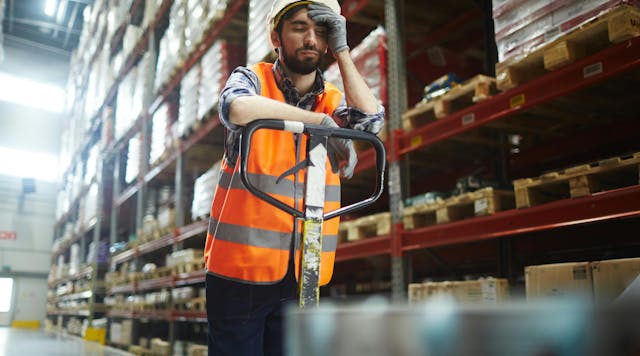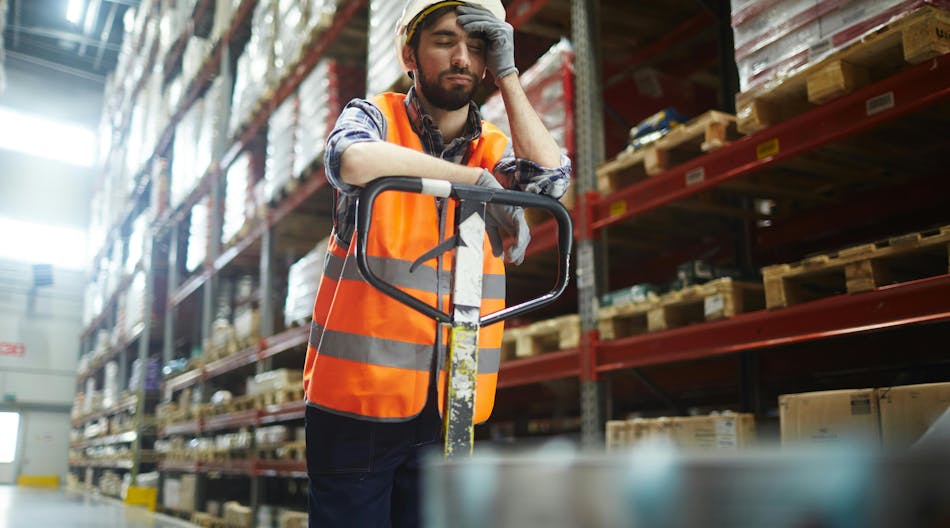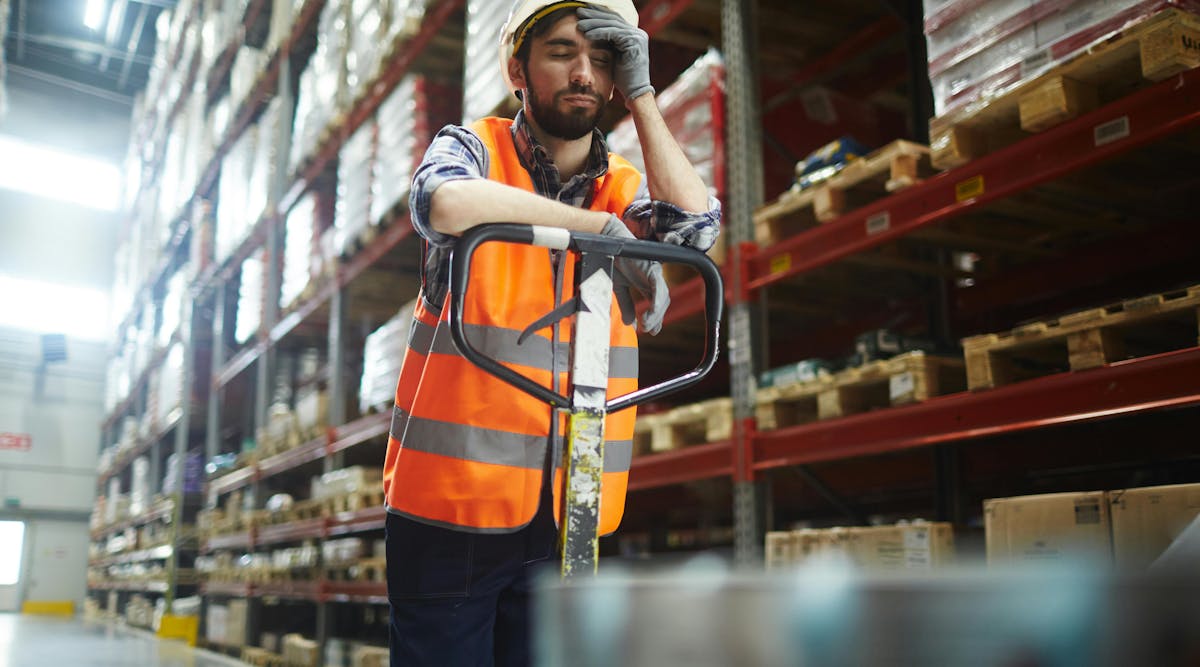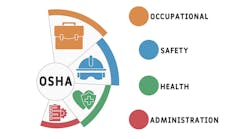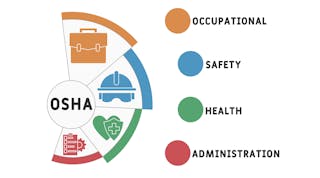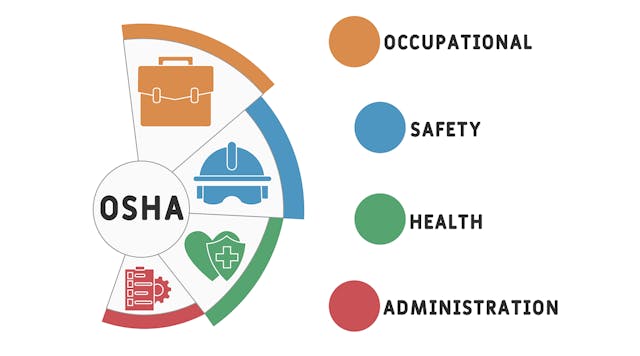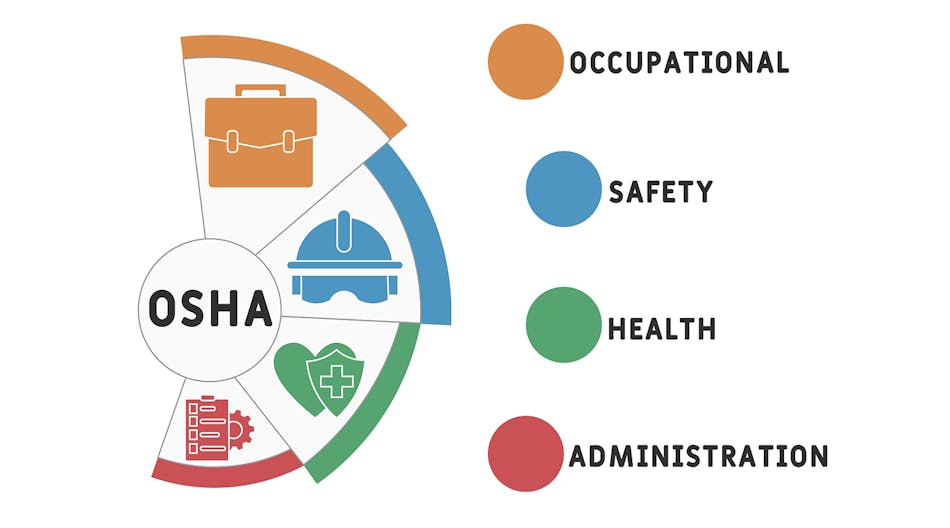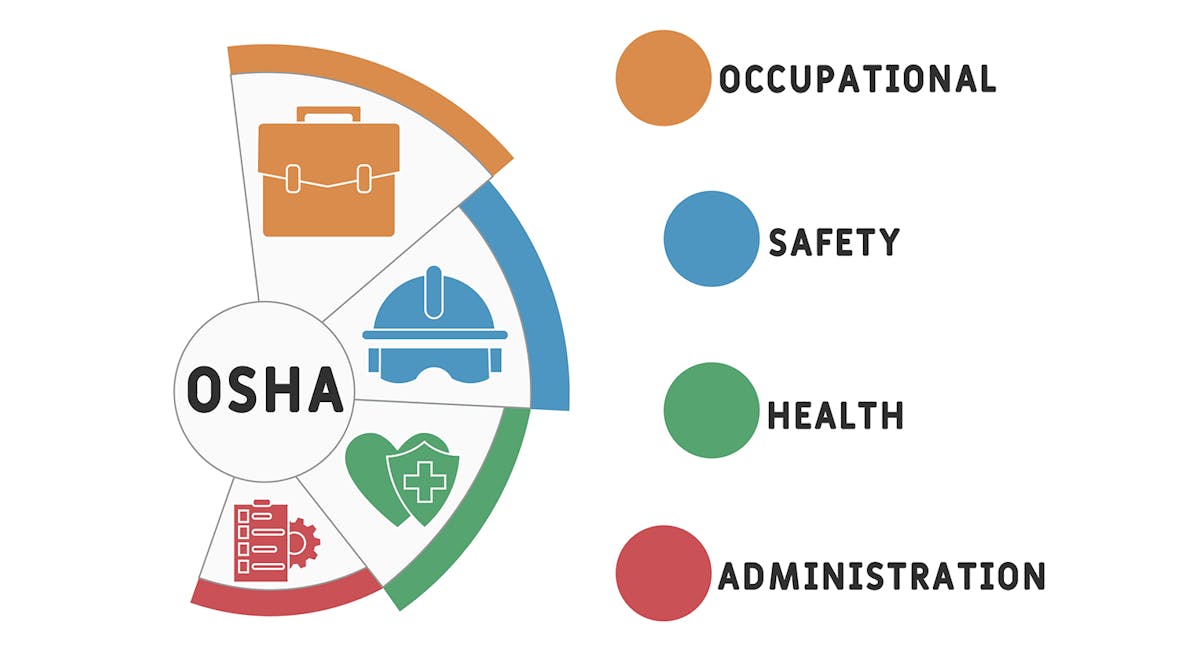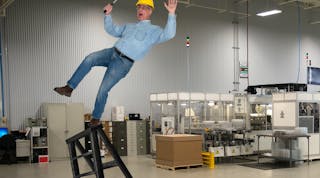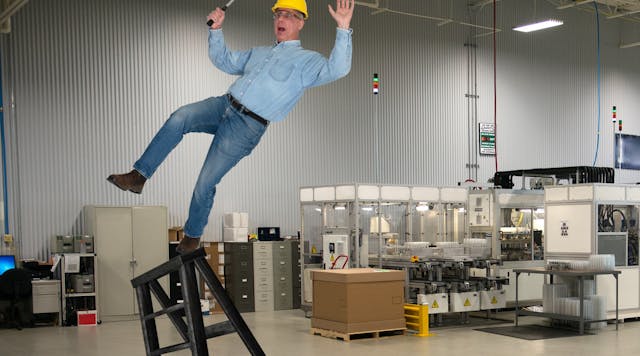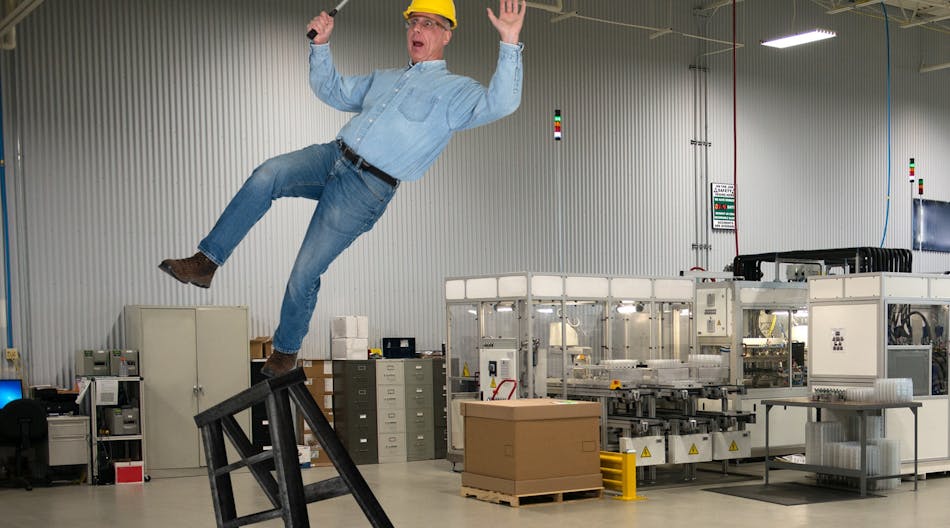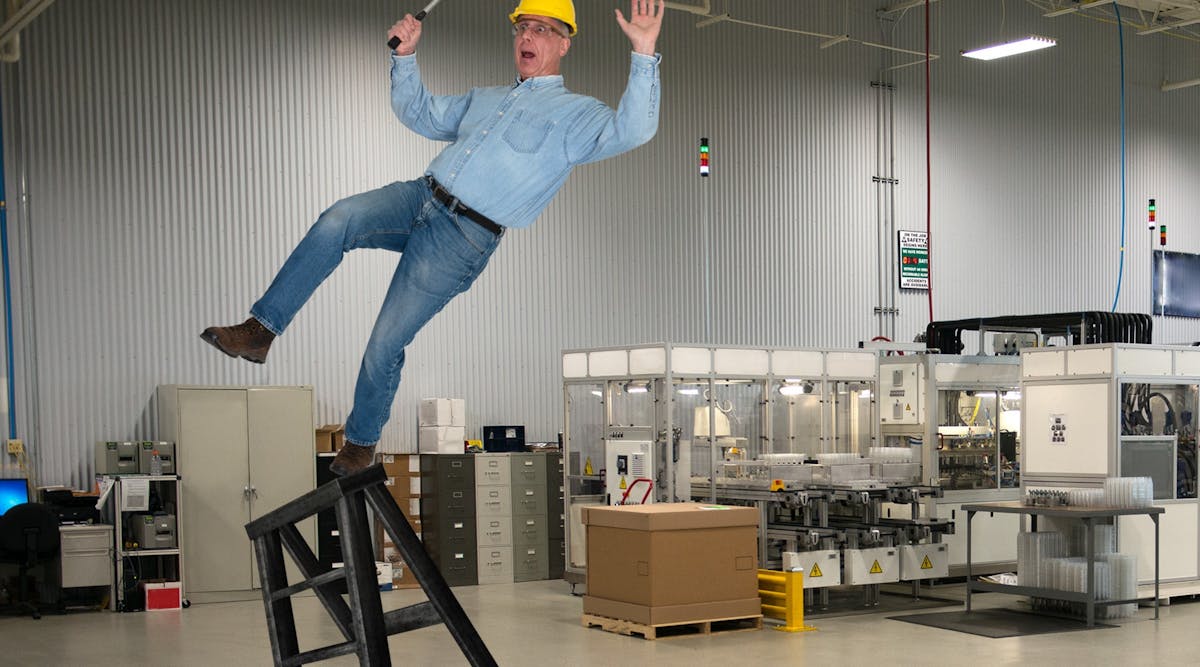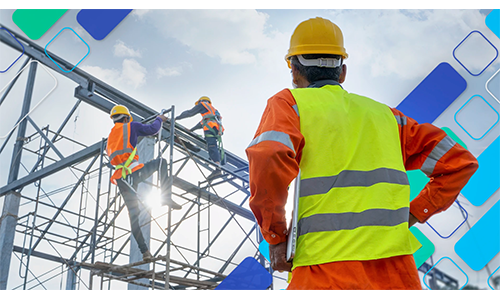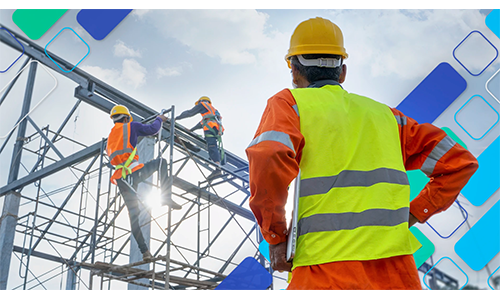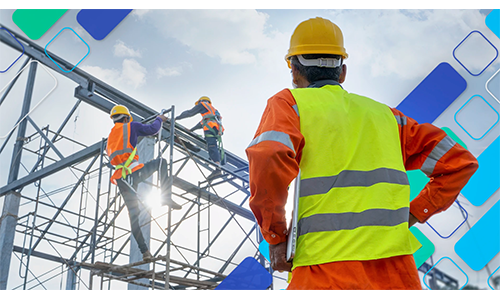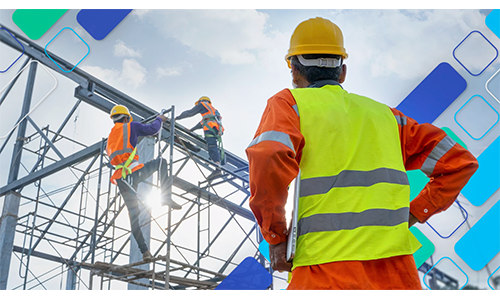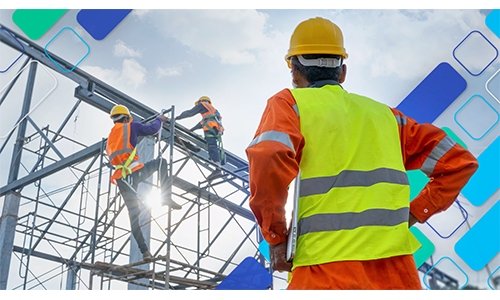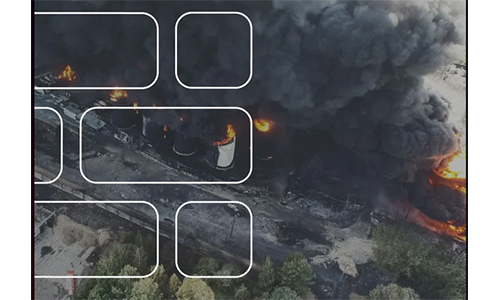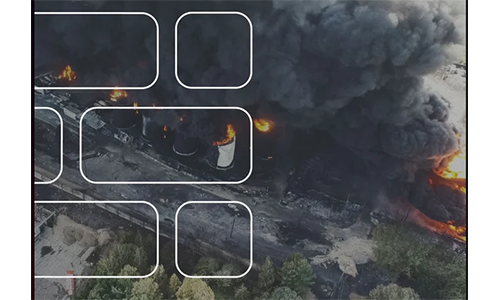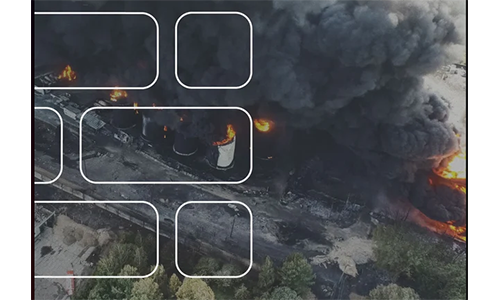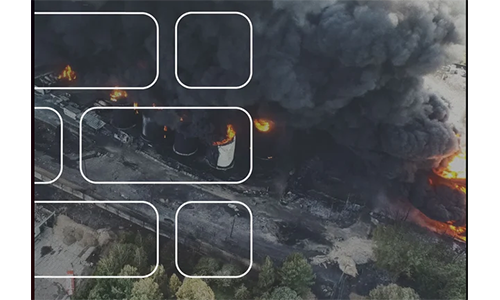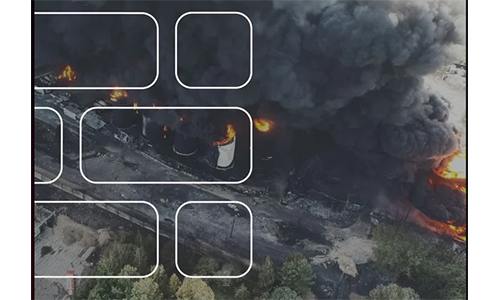A new report, Construction Working Minds Whitepaper 2024, was recently released in an effort to
raise awareness of the unique mental health challenges faced by construction workers.
“It offers evidence-based and evidence-informed approaches to address workers’ mental health challenges and will help advance development of effective programs and initiatives to support workers' well-being and reduce tragedies like addiction, overdose, and suicide,” said Cal Beyer, one of the report's co-authors,in a statement.
Construction workers are at particularly higher risk when it comes to opioid addiction and overdose deaths. Studies consistently show that compared to workers in other fields, construction workers have the highest rates of death from drug overdoses, especially opioids including heroin and fentanyl.
Despite representing only about 7% of the workforce, construction workers accounted for 15% of all workplace overdose deaths between 2011 and 201626. Workers in construction are more likely to receive opioids when prescribed pain medication and those in smaller companies are prescribed opioids more frequently compared to those in larger ones.
The report notes the following:
- 83% of construction industry workers have experienced some form of moderate to severe
mental health issue.- Compared to other industries, the construction industry is:
Ranked #1 in pain reliever abuse
Ranked #1 in marijuana use
Ranked #1 in heroin use
Ranked #2 for substance use disorders
Ranked #2 for heavy drinking
- Compared to other industries, the construction industry is:
- 14.2K overdoses and 5.5K suicide deaths among construction workers in 2020
- Only 17% of industry workers would comfortably and openly discuss mental health issues with a supervisor.
Barriers to Construction Worker Mental Health
Leadership Bias: Many leaders harbor misconceptions about the cost and time of
creating an impactful worker well-being culture change initiative. Others delegate
the work of overseeing the effort to their HR personnel and keep a hands-off
approach. The lack of executive support then hinders the implementation of mental
health initiatives. Furthermore, management styles that make light of mental health
and punish performance decline that may be connected to mental health concerns
affect the workers’ trust in the authenticity of the efforts.
Stigma and Fear: Fear of repercussions and stigma surrounding mental health care
usage, especially among certain demographics, creates barriers to seeking help and
fostering open conversations.
Access to and Engagement with Resources: Disseminating information and
resources to field workers and subcontractors who may not actively seek them poses
a challenge. Of course, just having resources doesn’t mean that they are trusted or
that they are being used. Many organizations were shocked to learn about the woeful
underutilization of existing resources like Employee Assistance Programs (EAPs)
Progress is Being Made
The report notes that there have been some positive trends including:
Education, Training, and Development: Organizations are investing in training
programs to educate workers on recognizing and addressing mental health issues on
job sites, and they acknowledge that solutions are not one-size-fits-all. Many now
provide basic education on mental health, including topics such as brain chemistry,
impulsive reactions, and the context of addiction and suicide. Others offer
construction-specific skill-building for peer support and supervisors.
Structured Peer Support: Many attendees stated they had found success in
establishing peer support networks where workers could connect, share
experiences, and provide mutual assistance. Some of these were peer group meetings
(e.g., 12-step or story-sharing groups) and others were training cohorts of peer allies
to provide support when needed.
Industry-Specific Research Initiatives: New research initiatives are emerging
nationally to help us all better understand mental health in the construction industry
and develop effective interventions.
“In just a short period the industry has moved from awareness to action to now strategy and culture change,” said Dr. Sally Spencer-Thomas, a report coauthor, president of United Suicide Survivors International said in a statement.


